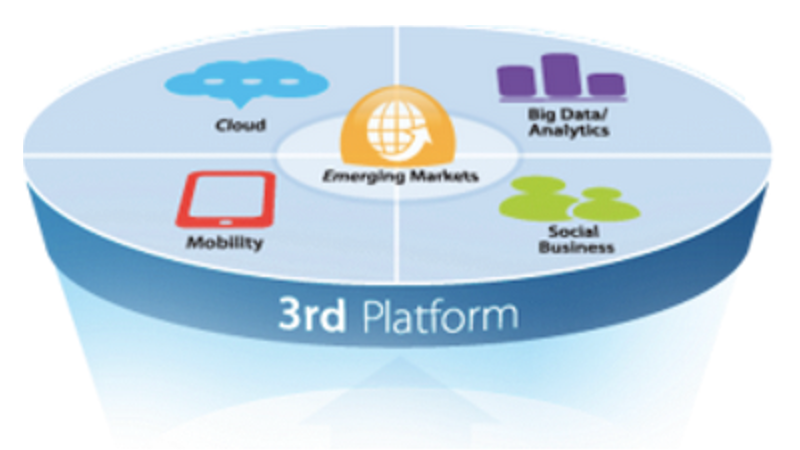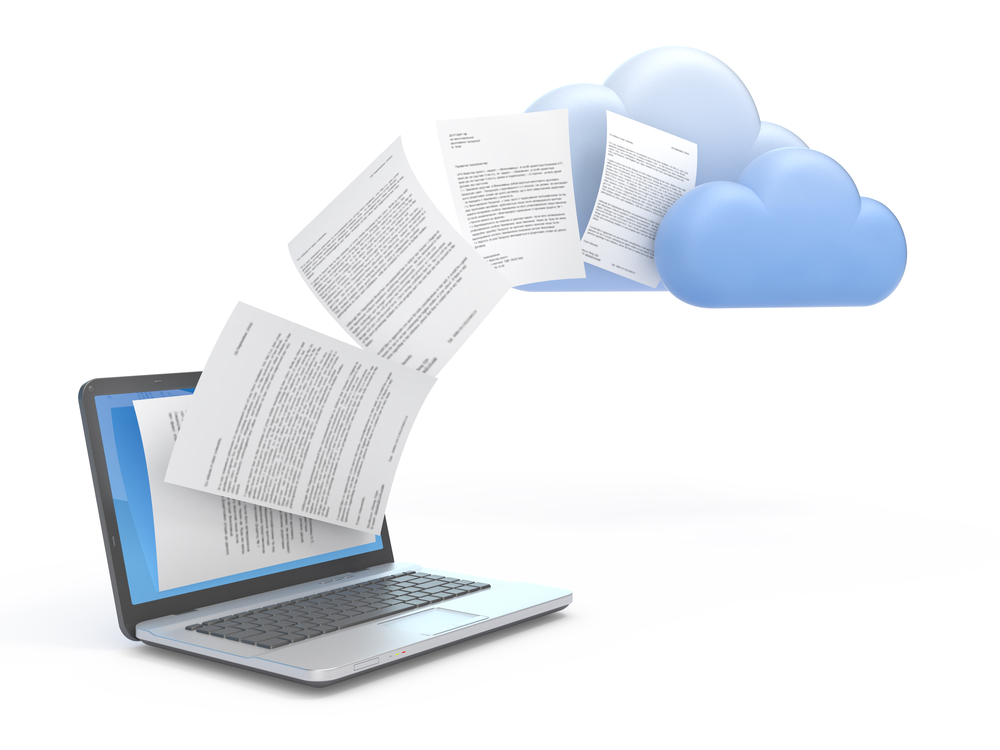
Predictive communication helps optimize online sales
Modern businesses spend a lot of money on customer service and on e-Commerce solutions, but often it seems that there's a disconnect between the two.
California-based company Altocloud has come up with a solution that combines machine-learning technology with real-time communications to predict the right time to interact with customers.

SoftWatch offers SMBs smoother transition to cloud office tools
For businesses moving to a cloud-based office solution the biggest problem can be understanding and controlling the licensing costs involved.
Cloud transition specialist SoftWatch has a solution for this in the form of its analytics tool which provides in-depth information on how businesses are actually using desktop-based and web based applications as well as cloud storage and web conferencing.

Apple's HBO NOW exclusive is the real Game of Thrones
As the dust settles from this week's big Apple reveal, one question lingers: Who gains more from exclusive distribution of new streaming service HBO NOW? I don't know what the device maker paid for the privilege, but big benefits belong to it. I wonder: What were HBO executives thinking by tying the service's early destiny to a single platform during telecast of the popular Game of Thrones series?
Particularly for cord-cutters who don't have Apple TV, iPad, iPhone, or iPod and want GoT Season 5 the choice is simple: Buy ATV for 69 bucks or spend more on another device capable of running HBO's iOS app—or steal! Three days ago my colleague Alan Buckingham, who owns no fruit-logo products and cord-cuts, wrote that he might get the streaming box. Today I asked if he really plans to buy Aople TV. "I haven't yet, but I likely will", he says.

Cloud Expo 2015: How the '3rd Platform' is set to disrupt industry
The rise of the "3rd platform" is set to cause huge disruption across a wide variety of industry sectors, according to the opening talk at the second day of this year’s Cloud Expo event in London.
Bernard Golden vice president of strategy at ActiveState Software, claimed that the growth of the 3rd platform is another example that the "pace of change is accelerating remorselessly".

BetterCloud provides added security for Google Apps
There's no doubt that cloud office platforms offer gains in productivity and easier collaboration, but they also present challenges for information security teams who need to limit content sharing.
For organizations that must comply with industry regulations like HIPAA this can lead to significant legal risk which, until now, was extremely difficult to mitigate.

New online tool simplifies project management for smaller enterprises
Project management can be daunting, especially for smaller organizations with limited resources or lack of expertise to use complex tools.
Dallas-based project and professional services automation specialist Vorex is launching an updated version of its cloud-based platform which offers new and enhanced features that aim to help SMBs better manage and grow their businesses, while increasing profitability.

Cloud-based template management helps keep business documents on-message
As enterprises expand across national and technological boundaries it can be hard to ensure that all the documents they produce reflect the brand image and follow compliance rules.
Issuing guidelines for document production is one thing but ensuring they're obeyed is another. Danish company Templafy has an answer in the form of a cloud-based template system which launches in the US today.

Clarizen strengthens integration with Box
Enterprise collaboration software specialist Clarizen is introducing enhanced integration between its product and cloud storage service Box, making it easier for businesses to manage and share materials.
Thanks to strengthened integration between the two cloud services, companies can now connect files and folders seamlessly between platforms, leading to increased productivity that drives business results.

How cloud solutions can meet the needs of the on-demand economy
You may have heard the term "on-demand" before, but what exactly is it? The on-demand economy is defined as economic activity facilitated by technology companies that fulfill consumer demand via the immediate provisioning of goods and services. In an on-demand situation, the supply of the goods or services is driven by an existing technology infrastructure that provides speed, accuracy and most importantly access to the product when the customer wants it.
This on-demand economy is revolutionizing commercial behavior. With years of technological investment and shifting consumer behavior, it’s not surprising that the numerous companies, across a breadth of categories, are driving industry growth at an alarming pace.

Financial companies seek cloud strategy for secure relationship
Cloud technology is being adopted across a wide range of industry sectors and financial companies are no exception. But a new report from the Cloud Security Alliance suggests that many of them are still looking for the right strategy.
The survey targeted executives from banking, insurance and investment firms around the world. Whilst it found that cloud computing is becoming more and more prevalent throughout the financial sector, many respondents still don't have a firm strategy.

Intronis simplifies cloud backup and recovery for service providers
Moving systems to the cloud presents new challenges when making sure that data is safely backed up. This is a particular issue for service providers who offer backup as an added value product for their customers.
Backup specialist Intronis is simplifying and accelerating real-time data backup and recovery for its channel partners with the launch of a new release of its Intronis ECHOplatform.

7 useful online tools for your business
As the manager of a small business or an entrepreneur just starting out, you should always be on the lookout for anything that can improve your productivity, time management, organization, and ultimately make day to day tasks easier to manage.
It can be hard enough trying to run things in the office without also having to worry about your online presence. But like it or not, today’s business needs an online presence in order to ultimately succeed, or at least remain competitive.

The top four places your data is at risk
We all worry about protecting our information, but how do we know which activities or locations are most likely to put it in jeopardy?
Digital rights management company Seclore has produced an infographic showing the four places where your data is most at risk. Unsurprisingly perhaps some of these are areas where you have the least control.

New cloud framework addresses data privacy concerns
Data privacy is a growing concern and a number of countries including Germany, France and Russia have recently adopted new data protection regulations to protect their citizens' information.
Add in regulations like HIPAA and FINRA in the US and it's clear that businesses need to have an infrastructure to meet the various requirements or face possible legal consequences.

Machine learning speeds up web application load times
The increase in web application use means that we're loading more code than ever into our browsers. According to httparchive, the amount of JavaScript used by the top 100 websites has almost tripled in the last three years whilst HTML has almost doubled. This has performance implications because larger page-sizes mean end users have to wait significantly longer for web pages to load.
California-based cloud delivery service Instart Logic is hoping to improve things with the launch of SmartSequence, a new technology that employs machine learning to optimize how HTML and JavaScript code is loaded in browsers.
